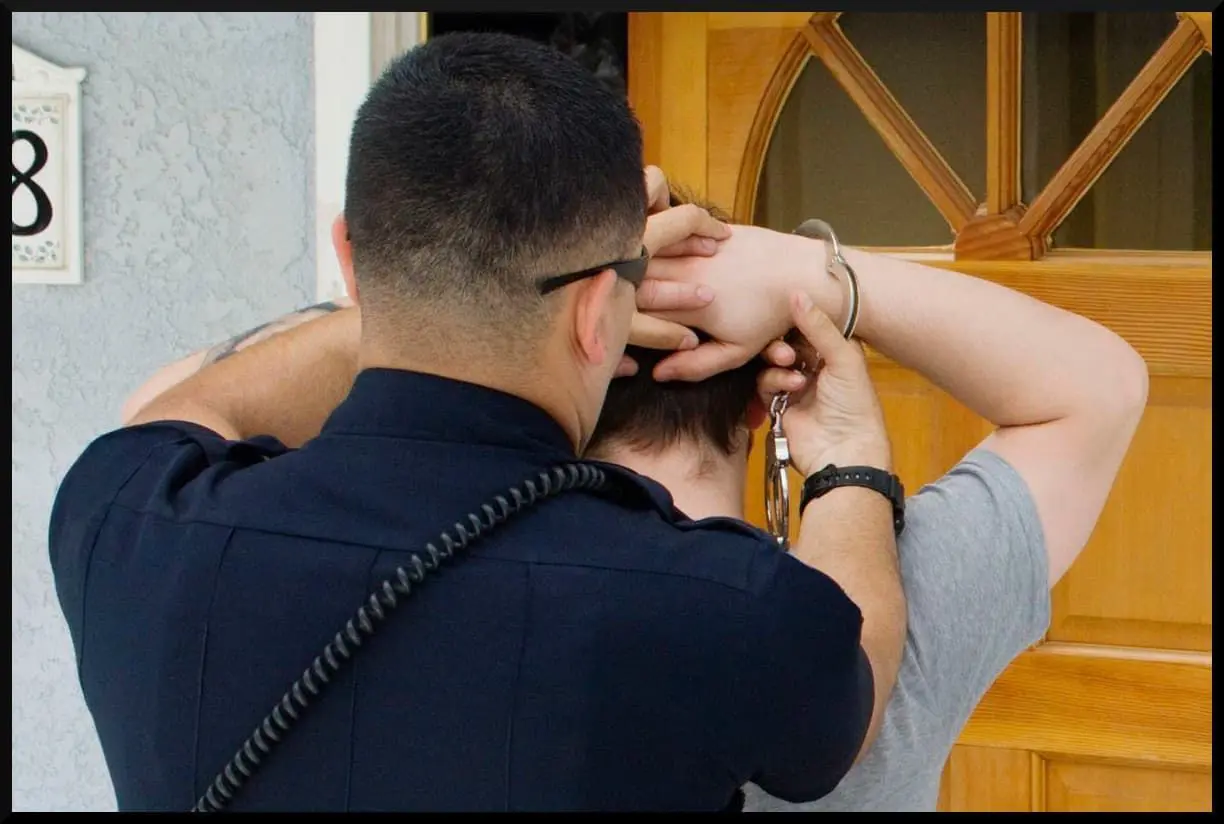By , Leave a Comment

Table of Contents
NYPD Policy
If police arrest you for domestic violence (“DV”) in New York City, you won’t receive a desk appearance ticket (“DAT”). You’ll go through a full-blown arrest, even if this is your first arrest.
The purpose of the no-DAT policy is to get you “arraigned” by a judge right away, so the judge can issue a temporary order of protection (“TOP”) before you’re released from custody.
In New York City, the delay between DAT and arraignment typically lasts one to two months. The no-DAT policy in DV cases eliminates the possibility of a two-month delay between an arrest and a TOP.
NYPD: No DAT’s for Family Offenses
The NYPD has formal written procedures regarding this no-DAT policy:
A defendant who is charged with a Class E felony, misdemeanor or violation will be issued a DAT unless one or more of the following factors exist:
* * * *
(3) Defendant is charged with a family offense.
a. Complainant/victim and offender are members of the same family/household as defined int he Criminal Procedure Law or as defined in the expanded definition of a family/household as per P.G. 208-36, “Family Offenses / Domestic Violence.”
NYPD Patrol Guide Procedure 208-81 at page 1.
“Family” Defined for DV Purposes
The NYPD definition of “expanded definition of family/household” is broad:
FAMILY/HOUSEHOLD (AS DEFINED IN FAMILY COURT ACT) – includes persons who:
a. Are legally married to one another
b. Were formerly legally married to one another
c. Are related by marriage (affinity)
d. Are related by blood (consanguinity)
e. Have a child in common regardless of whether such persons have been married or have lived together at any time
f. Are not related by consanguinity (blood) or affinity (marriage) and who are, or have been, in an intimate relationship regardless of whether such persons have lived together at any time
Note: A common sense standard regarding the totality of the circumstances involving the relationship should be used to determine if an “intimate relationship” exists. Factors a member of the service may consider in determining whether a relationship is an “intimate relationship” include but are not limited to: the nature or type of relationship (the relationship between the involved parties does not have to be sexual in nature to be considered “intimate”); the frequency of interaction between persons; and the duration of the relationship. Neither a casual acquaintance nor ordinary fraternization between two individuals solely in a business, educational, or social context shall be deemed to constitute an “intimate relationship.” If unable to determine if the relationship in question is an “intimate relationship,” the member of the service concerned wil request the response of the patrol supervisor.
Additional factors that may assist in determining the intimacy of a relationship include, but are not limited to: amount of time spent together in either a work or leisure related capacity, shared expenses and/or finances, extent of interaction with family members, etc.
All members of the service are reminded that their primary responsibility is to ensure the immediate and future safety of all parties involved in domestic violence incidents.
FAMILY/HOUSEHOLD (NYPD EXPANDED DEFINITION) – includes subdivisions “a” through “f” above, AND persons who:
g. Are currently living together in a family-type relationship.
h. Formerly lived together in a family-type relationship.
A family/household thus includes: “common-law” marriages, same sex couples, registered NYC domestic partners, different generations of the same family, siblings, in-laws, persons involved in “intimate relationships,” and persons who live or have lived together in a family-type relationship.
NYPD Patrol Guide Procedure 208-36 at pages 1-2.
Temporary Order of Protection Issued at Arraignment
Typically, the TOP issued at arraignment will direct you to have no contact or communication with the complainant. Violating the TOP can result in a second arrest for “criminal contempt”.
If you and the complainant live together, the TOP probably will prevent you from returning home (other than with a police escort for a few minutes to pick up a few personal items).
If police contact you about an alleged domestic violence incident, you should immediately contact a lawyer.
If you live with the complainant, you and your lawyer should should discuss, among other things, making alternate living arrangements prior to arrest. Otherwise, after arrest, you’ll be scrambling to find a new place to live, with very limited access to your personal property.
Free Consultation
Bruce Yerman is a criminal defense lawyer in New York City. His office is located in Suite 1803 of 299 Broadway in Manhattan.
If you’d like a free consultation to discuss desk appearance tickets, or any other issue related to criminal defense or family law, call Bruce at:
Or email Bruce a brief description of your situation:

Leave a Reply